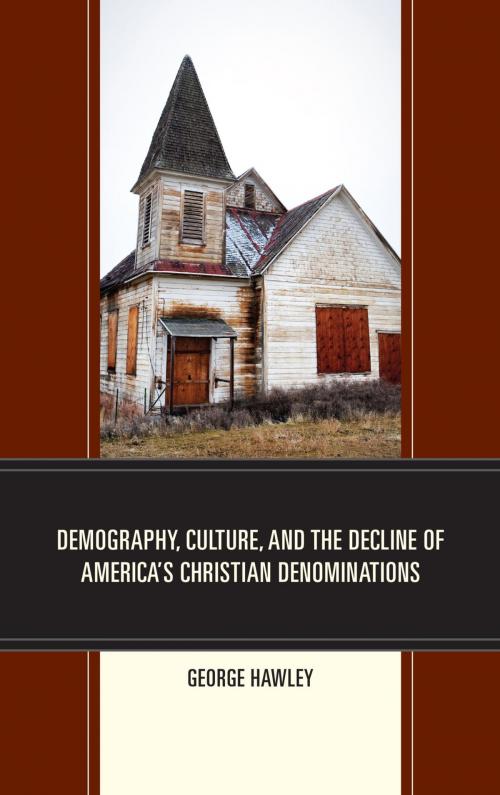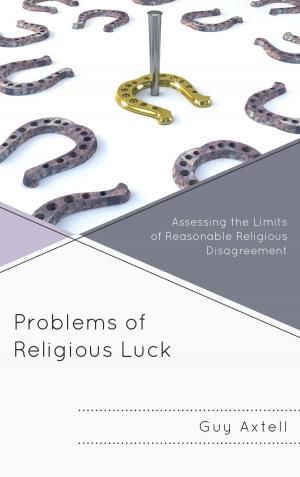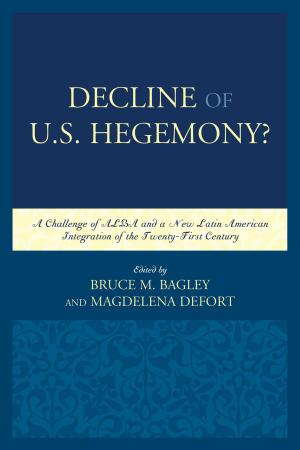Demography, Culture, and the Decline of America’s Christian Denominations
Nonfiction, Religion & Spirituality, Christianity, Church, Church Administration, Christian Life| Author: | George Hawley | ISBN: | 9781498548403 |
| Publisher: | Lexington Books | Publication: | May 31, 2017 |
| Imprint: | Lexington Books | Language: | English |
| Author: | George Hawley |
| ISBN: | 9781498548403 |
| Publisher: | Lexington Books |
| Publication: | May 31, 2017 |
| Imprint: | Lexington Books |
| Language: | English |
This book examines the state of Christianity in the United States, considering trends in religious beliefs and affiliation over the last forty years. It seeks to explain why so many of America’s largest denominations have witnessed such a dramatic decline during this period. It argues that, although there are many elements to this decline, the shrinking families of Americans—including American Christians—are a primary explanation for our aging and shrinking Christian congregations.
Beyond establishing this explanation for organized decline, this book also offers a survey of the relevant research explaining why more and more Americans are deferring family formation and having fewer (in many cases, zero) children. It discusses the relevant social science research on this subject, which focuses heavily on the role of economic change. It also summarizes the relevant research on cultural change and the family, particularly the relationship between religious beliefs and activities and changing family norms.
This book examines the state of Christianity in the United States, considering trends in religious beliefs and affiliation over the last forty years. It seeks to explain why so many of America’s largest denominations have witnessed such a dramatic decline during this period. It argues that, although there are many elements to this decline, the shrinking families of Americans—including American Christians—are a primary explanation for our aging and shrinking Christian congregations.
Beyond establishing this explanation for organized decline, this book also offers a survey of the relevant research explaining why more and more Americans are deferring family formation and having fewer (in many cases, zero) children. It discusses the relevant social science research on this subject, which focuses heavily on the role of economic change. It also summarizes the relevant research on cultural change and the family, particularly the relationship between religious beliefs and activities and changing family norms.















